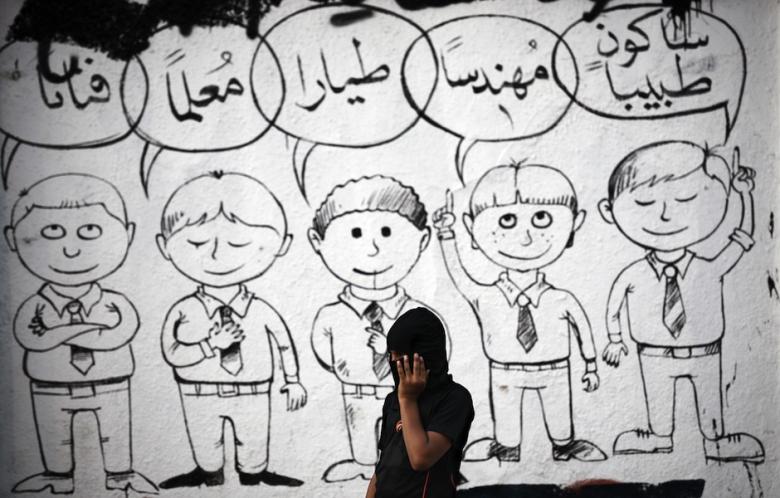
RNA - The latest convictions followed last week's death sentence against prominent cleric and pro-rights advocate Sheikh Nimr al-Nimr, a driving force behind the peaceful demonstrations.
The Specialized Criminal Court, that Human Rights Watch deemed as “flawed” and repeatedly urged Saudi authorities to abolish, issued the latest verdicts "as a deterrent to others," the Saudi Press Agency said late Tuesday.
A third person was jailed for 12 years.
SPA did not name the accused, who were tried on charges including "participating in protests and marches that caused riots" in the Eastern Province community of Awamiya.
They were also accused of "chanting slogans hostile to the state,” the “intent to overthrow the regime," “attacking” security forces, and stealing medical supplies from a pharmacy to treat people injured during protests.
The Eastern Province of Saudi Arabia, where the vast majority of the dictatorship’s oil reserves lie, was one of the regions that had joined the “Arab Spring” in 2011, to demand its political rights, and end the injustice and discrimination its people suffer at the hands of the sectarian and oppressive Saudi regime.
The protests started when activist in the province demanded the release of nine prisoners, known as “the forgotten prisoners,” who had been at the time detained for 16 years.
The Saudi regime responded to the peaceful protests by terrorizing the people of Qatif and Awamiyah, killing more than 20 people and wounding at least 58 others between 2011 and August 2012. The number of people detained in Saudi prisons exceeded 1042, of whom 280 remain in prison, including 24 children and 5 who were sentenced to death for “using violence against the police.”
Protests escalated after the kingdom's intervention in neighbouring Bahrain to support a the monarchy against an uprising led by the Shia majority.
Tension rose further in July 2012 when security forces arrested the Nimr, who was shot and wounded.
After the sheikh's conviction last week, his family accused the court of ignoring his "peaceful and non-violent approach," saying the case had caused "social and political discontent.”
Earlier this year two other men involved in the protests were sentenced to death, including Ali al-Nimr, the son of Mohammed al-Nimr, who was a minor at the time of the demonstrations.
Several others have received multi-year jail sentences.
The Saudi government denies charges of discrimination but according to a 2009 Human Rights Watch report, Shia citizens in Saudi Arabia "face systematic discrimination in religion, education, justice, and employment.”
R111/108/C/